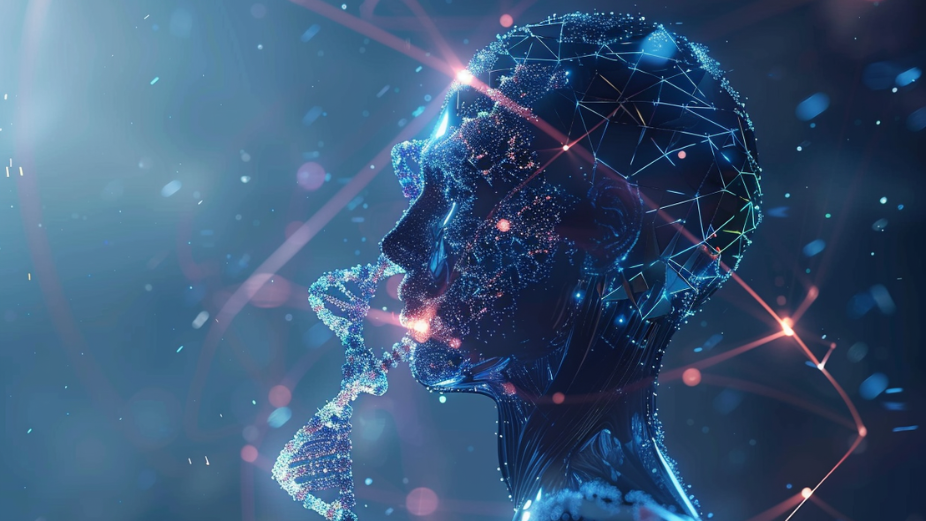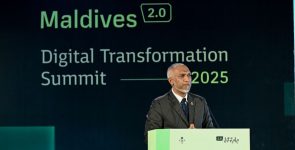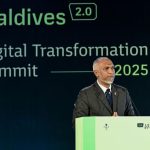
Artificial intelligence (AI), once the stuff of science fiction, is now firmly integrated into everyday life. From the algorithms tailoring our social media feeds to the facial recognition software unlocking our phones, AI promises a future overflowing with innovation. Leaders in the field see AI as a tool to tackle climate change, revolutionize healthcare, and personalize education. However, the reality of AI paints a more complex picture, highlighting ethical concerns, economic anxieties, and its potential for misuse.
AI’s Grand Visions for the Maldives
In the Maldives, a nation acutely vulnerable to climate change, AI holds exciting potential. Researchers envision AI-powered systems that optimize energy grids, predict sea level rise patterns, and develop resilient coastal infrastructure. Additionally, AI could revolutionize healthcare in the remote islands, enabling remote diagnoses and treatment plans, as well as analyzing vast datasets to identify disease trends.
The Dark Side of the Algorithm
Despite its potential benefits, AI’s current applications raise concerns. The spread of misinformation fueled by AI algorithms threatens to erode public trust, particularly in a politically polarized environment such as Maldives. Moreover, the tourism-dependent economy of the Maldives is highly susceptible to the displacement of workers by automation. Hotels and resorts may increasingly turn to AI-driven services, potentially displacing a significant percentage of the country’s workforce.
The Automation Revolution and the Future of Work in the Maldives
The automation of jobs powered by AI threatens to upend the Maldivian labour market. While the government may choose to promote retraining programs to equip displaced workers with new skills, these programs often lack the capacity and resources to adequately address the challenge. This disruption to the traditional work culture will require a rethinking of social safety nets and potentially even the exploration of concepts like universal basic income (UBI).
UBI, a government-guaranteed income for all citizens, could provide a lifeline for workers displaced by automation. While still a nascent idea in the Maldives, it could play a crucial role in mitigating the economic fallout of AI and automation while allowing people to focus on upskilling, retraining, or entrepreneurship.
AI’s Ethical Crossroads in the Maldives
The promise of AI remains undeniable, but its path is fraught with risks and challenges. Policymakers, corporations, and researchers must collaborate to ensure AI development prioritizes ethical considerations, social well-being, and a just transition for the workforce. Only by proactively addressing these concerns and investing in a robust social safety net can the Maldives reap the rewards of AI without sacrificing the welfare of its citizens.












